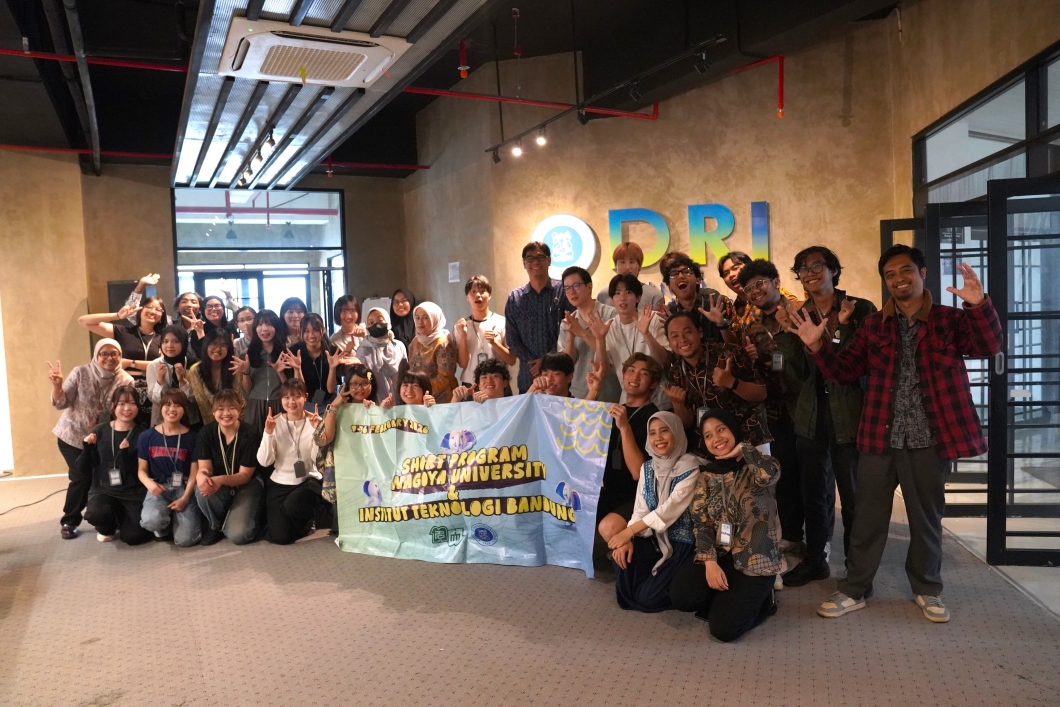ITB SITH Professor Develops New Chili Variety named ITB 1
By Adi Permana
Editor Adi Permana

BANDUNG, itb.ac.id — The research team from the School of Life and Technology (SITH) ITB, led by Prof. Dr. Tati Suryati Syamsudin, collaborated with the research team from Balitsa (Crop Research Institute), led by Dr. Rinda Kirana, and they have successfully obtained Plant Variety Protection Rights for a newly developed chili variety called ITB 1. And it was given by the Plant Variety Protection Center, Ministry of Agriculture of the Republic of Indonesia.
In an interview, Prof. Tati explained the reason behind developing this chili variety. Many failures are caused by fruit flies. Fruit flies lay their eggs on fruits by piercing their surface, which hatch into larvae and damage the flesh. The mark of the piercing is also the gate for fungal and bacterial contamination. Such an issue is not only found in chilis; many exports of tropical fruits are delayed due to fruit flies on them.
Few technologies, such as male fly attractants and the use of radiation, have been developed in many countries. Nevertheless, this technology is not suitable for implementation in Indonesia.
“You cannot immediately find the best method that is resistant guaranteed; it means we have to search for suitable farming technology.” said Prof. Tati

Since 2017, both research teams from ITB and Balitsa have been studying 14 characteristics of 50 chili varieties. Eventually, they discovered a new variety in 2019 that could be a potential solution to fruit fly infestations.
“We discovered the variety that is susceptible to the flies. These will be the ones to resist the attacks,” Prof. Tati stated.
The variety known as ITB 1 acts as a protective barrier that Surrounds the main cultivated chili varieties. Prof. Tati elaborated on the significance of naming the new chili variety ITB 1, expressing it as a moment of great pride as it marks the first time they have obtained Plant Variety Protection Rights. “The ITB 1 variety contains high concentration of osimen, and we are currently trying to implement it in the field, but it still needs further verification,” Prof. Tati added.
Osimen is a chemical substance found in chili that is believed to attract female fruit flies. Placing more susceptible plants, which contain higher osimen, near the protected plants allows more intact plants to be harvested in good condition and have economic value. The development of the ITB 1 variety is expected to provide significant benefits and can be effectively implemented for chili cultivation throughout Indonesia.
After passing a series of BUSS (New, Unique, Uniform, Stable)tests, ITB has officially obtained the Plant Variety Protection Rights certificate. This test involved experts from the Center for Plant Variety Protection, Ministry of Agriculture of the Republic of Indonesia. Prof. Tati said that giving the name ‘ITB 1’ to the new variety was a significant achievement for ITB since it was the first time, they obtained the rights.
Currently, the ITB 1 variety cannot be commercialized; it is necessary to conduct a series of tests in different locations to assess the stability and uniformity of its growth under other conditions. Prof. Tati hopes that this year the tests can be conducted soon.
Reporter: Ardiansyah Satria Aradhana (Agricultural Engineering, 2020)
Translator: Ruth Nathania (Environmental Engineering, 2019)

.jpg)



.jpg)
.jpg)

